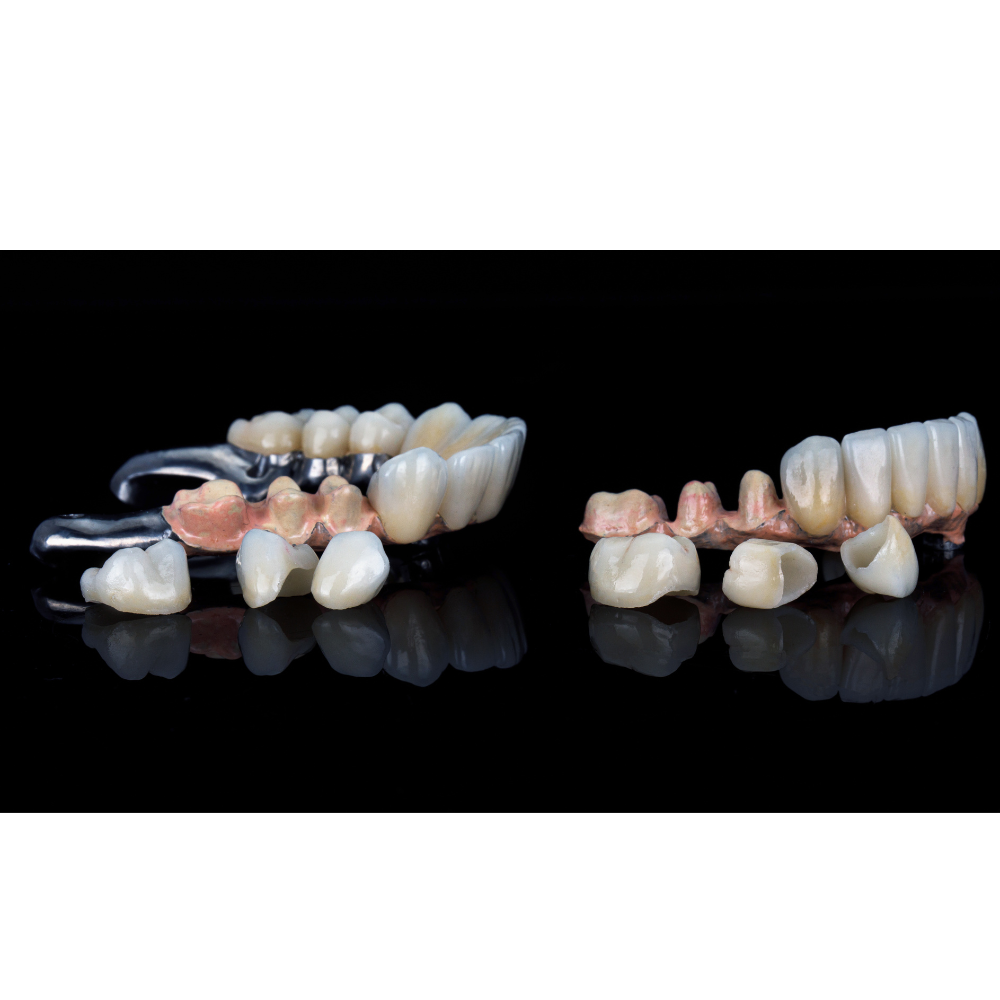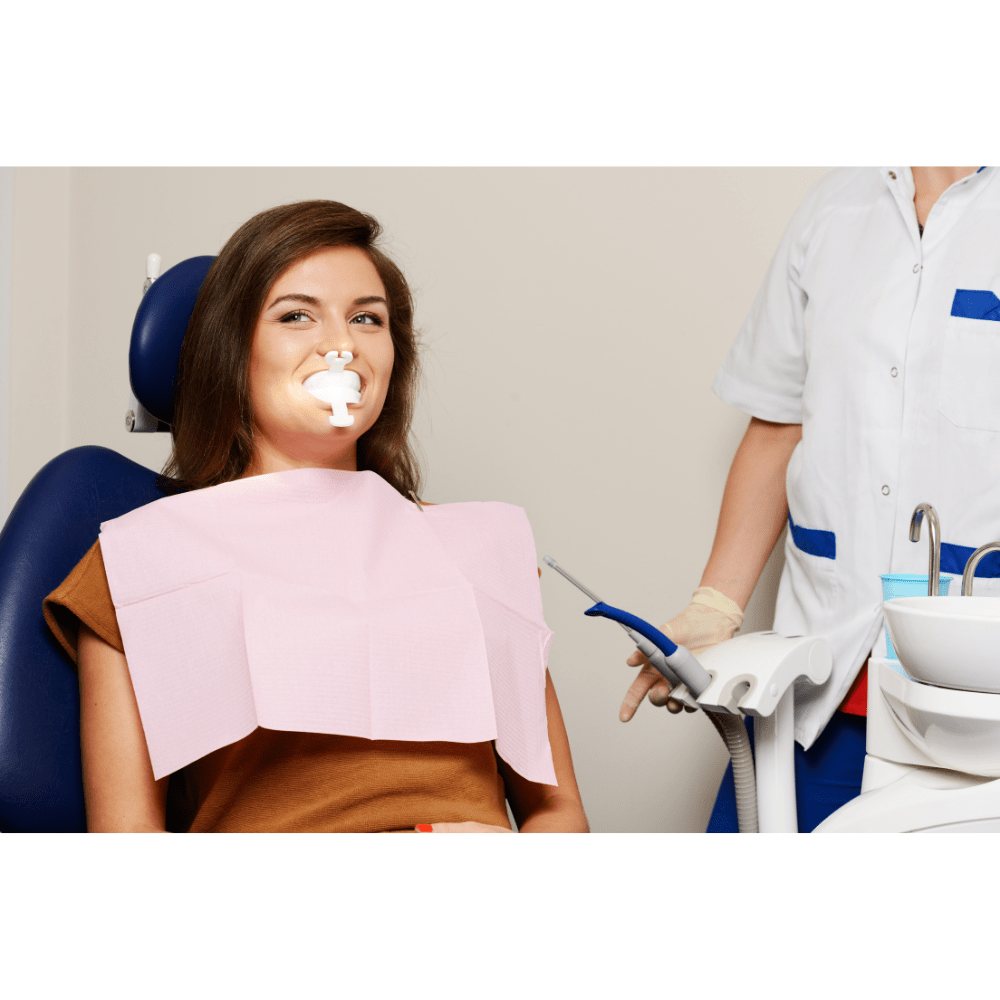What is a Perforated Sinus Cavity? | Know it All
A hollow cavity within the skull bone is called a sinus. It plays an important role in respiratory health as well as voice resonance. Other than that, it moisturizes the nasal passages by producing mucus. It keeps performing its key roles unless it becomes perforated. Yes, you heard it right. Let’s learn about the perforated sinus cavity, its symptoms, and treatments so that if it happens somehow, you can get rid of it to help the sinus perform perfectly.
What is a Perforated Sinus Cavity?
A perforated sinus cavity is a condition where small holes or tears are formed in the sinus membrane. These openings or tears lead to discomfort, infections, and other complications. It starts with showing certain symptoms and slowly, this perforation disturbs the normal functions of the sinus.
Symptoms of Perforated Sinus
No matter the cause of perforated sinus, whether it is due to tooth extraction, dental implants, or a root canal, it shows the same symptoms. Some common symptoms of a perforated sinus membrane include,
- Nasal congestion or blockage
- Facial pain or pressure, especially around the punctured sinus
- Drainage of mucus or pus from the nose
- Postnasal drip
- Reduced sense of smell (hyposmia) or taste
- Headaches (particularly around the forehead or cheeks)
- Increased susceptibility to sinus infections
- Tenderness or discomfort when pressing on the affected sinus area
- Ear pain or pressure
- Tooth pain (especially in the upper teeth near the sinus rupture)

Causes of Perforated Sinus
There could be multiple causes of maxillary sinus perforation. Some common causes include,
Trauma
Direct trauma to the head or face that is caused by a severe blow or injury (near the area of the sinus) can cause perforation of the sinus membrane.
Sinus Surgery
If you’ve gone through sinus treatment, and there was some unfortunate accidental damage during surgery, it can lead to perforation of this thin membrane.
Chronic Sinusitis
Persistent inflammation and infection of the sinus membrane is called chronic sinusitis. Repeated infections weaken the wall of the membrane and as a result, it starts perforating.
Nasal Polyps
Large or multiple nasal polyps erode the sinus walls which increases the risk.
External Objects
Inserting objects like pencils, cotton swabs, or illicit drugs can cause damage to the sinus membrane. It’s better to avoid any external interference to this sensitive part.
Dental Procedures
Punctured sinus and certain dental procedures often share chemistry. Certain dental procedures, especially those involving upper jaws in treatment can cause perforation.
Sinus Rupture and Dentistry
The perforated sinus cavity is highly related to dentistry. Dentists and oral surgeons must take precautions to minimize the risk of sinus rupture during these procedures by using proper imaging techniques to assess sinus anatomy and employing careful surgical techniques. Some procedures that can cause this damage include dental implants, tooth extraction, and root canals.
Treatment Options
Treatments of the perforated sinus membrane after dental implants, root canal, or tooth extraction are subject to the extent of the damaged membrane, and the health of the patient after the dental implant. However, some treatments include,
- Antibiotics (Take prescribed antibiotics to avoid further complications if you see or feel any symptoms).
- General Care (Avoid activities like blowing the nose forcefully or straining during bowel movements, that increase sinus pressure).
- Sinus Lift Surgery (If the condition worsens, consider going for sinus lift surgery to restore the functionality of the punctured sinus membrane.
- Wait and Watch (If perforation is minor or asymptomatic, the wait and watch approach is recommended. Simply analyze the situation, keep up regular checkups and it will heal itself with time.)
- Surgical Closure (Surgical closures involve repairing the perforation using materials such as collagen membranes or synthetic grafts. It seals the communication between the oral cavity and the sinus. The process is applicable when sinus rupture is large enough that it doesn’t self-heal.)

How Common is Sinus Perforation After Tooth Extraction
Sinus perforation after tooth extraction is rare, but it can occur. Its frequency is dependent on certain factors such as,
- Location of the extracted teeth (odds are high when the extraction is in proximity to the maxillary sinus )
- Experience of the dental surgeon performing the surgery
- Patient’s anatomy
- Pre-existing condition
Post Operative Instructions
You need to follow certain do’s and don’ts as a Post-operative instruction for maxillary sinus perforation.
Do’s:
- Follow your dentist’s instructions.
- Take prescribed medications.
- Use saline nasal rinses.
- Eat soft foods.
- Keep your head elevated.
- Apply ice packs.
- Attend follow-up appointments.
- Practice good oral hygiene.
Don’ts
- Avoid blowing your nose.
- Don’t sneeze forcefully.
- Avoid smoking.
- Don’t consume hard or crunchy foods.
- Don’t engage in strenuous activities.
- Don’t hesitate to seek help if needed.
Sinus Perforation | Healing Time
The healing time for a perforated sinus cavity is generally between 6 weeks to 8 weeks. It is a slow process because your body naturally heals the site by closing the punctured sinus and regenerating the damaged cells. In case of smaller perforations, you can expect to recover within 2 weeks to 4 weeks completely.

How to Heal a Perforated Sinus at Home
You can heal a perforated sinus membrane at home by,
- Doing adequate rest
- Not disturbing perforated site
- Keeping a close eye on conditions
- Avoiding straws for taking liquids
Keep it simple. Follow the do’s and don’ts in post-operative care and these few practices and you’ll be on track in no time.
FAQs You Might Also Want to Know About
Is a perforated sinus dangerous?
Yes, a perforated sinus can be dangerous if not properly managed. It can lead to complications such as sinus infections, persistent nasal drainage, and potential damage to surrounding structures. Prompt medical attention is necessary to prevent complications and promote effective healing.
What happens if the implant goes into the sinus?
If a dental implant breaches the sinus cavity during placement, it can lead to complications such as sinusitis, infection, or maxillary sinus perforation. Symptoms of sinus rupture may include pain, swelling, nasal discharge, or difficulty breathing.
Can a perforated sinus be repaired?
Yes, a perforated sinus can often be repaired through surgical intervention. The specific repair procedure depends on the size and location of the perforation.
Common techniques include,
- Sinus grafting with bone or tissue grafts to close the perforation and restore the integrity of the sinus lining.
- In some cases, minimally invasive endoscopic sinus surgery may be performed to access and repair the perforation.



